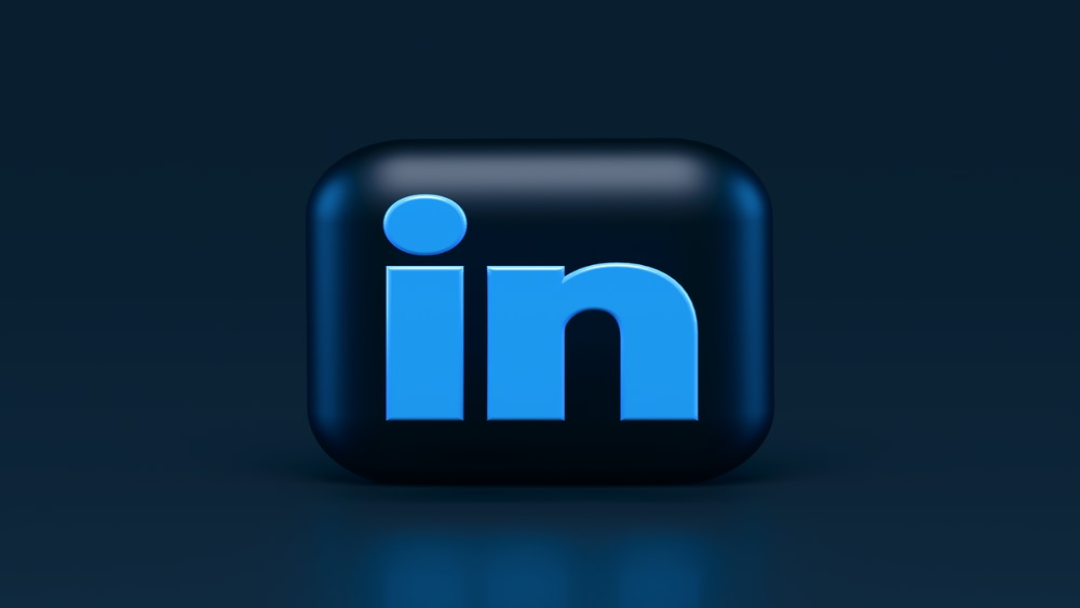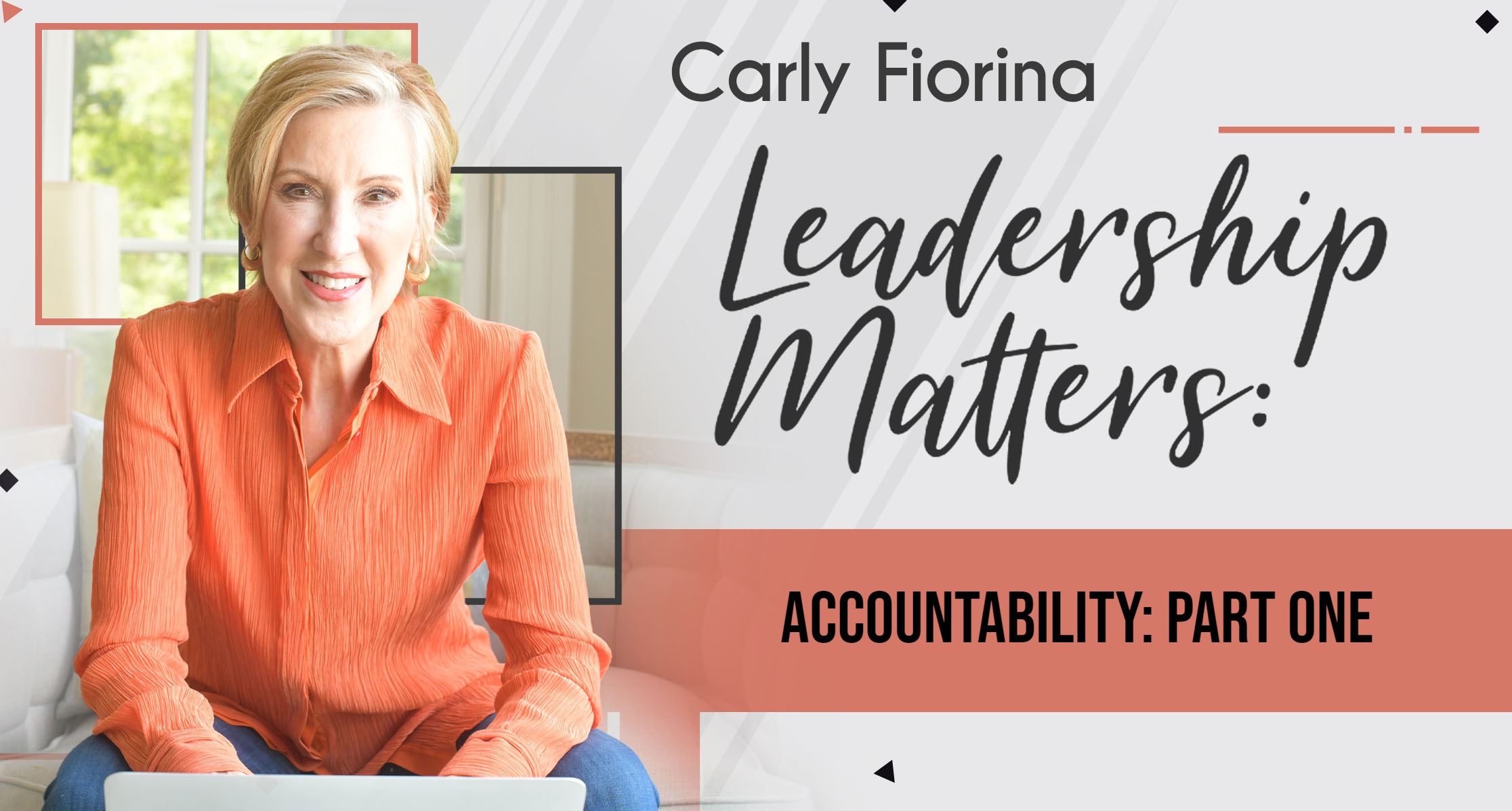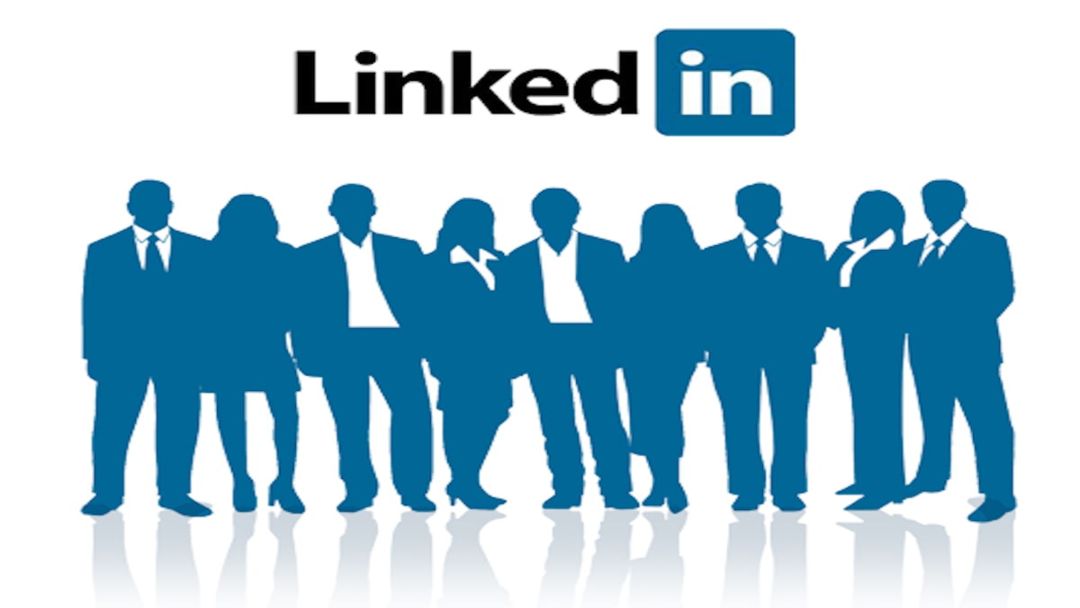
Accountability: Part One
The dictionary tells us that accountability is equivalent to responsibility. Being accountable means doing what you say you are going to do. If you can’t get it done, you own up to it and make it right. Interestingly, the dictionary also provides and example of the word used in context: “their lack of accountability has eroded public respect.”
In politics, a lack of accountability has sadly become par for the course. We expect politicians to routinely declare goals they will never achieve. While we may tolerate it in the public square, a lack of accountability in an organization or on a team corrodes both trust and performance over time. Eventually, high-performance goals can no longer be achieved because the muscle of accountability has atrophied.
We’ve been talking about tough conversations over the last few weeks. The ability to confront a lack of accountability is one of the most necessary skills a leader develops. And accountability may be owned by a single individual or team; it may be shared across several organizations and many people. Nevertheless, once goals are established and commitments are made, someone must be held accountable for delivering against them – and called out when delivery falls short.









